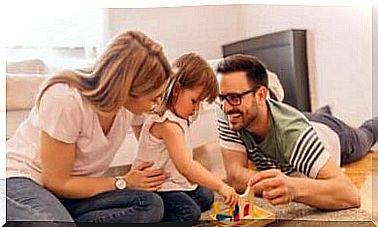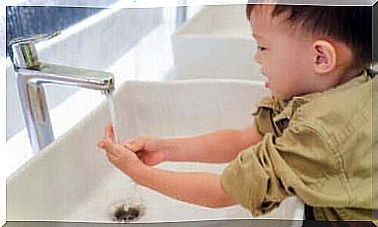How To Help A Child Form A Positive Self-image?

Self-image or self-perception refers to a person’s perception of what he or she is like. Self-perception is part of every individual’s worldview. In this article, we give parents tips on how to help their child form a positive self-image at an early stage.
Parents play an important role in shaping a child’s self-image and self-esteem. The image a child has of himself depends in part on what his parents teach him. Family is the most important context for the formation of a positive self-image.
For every parent, their own child is the most beautiful, intelligent, and most wonderful child, and in fact, such little praise is a great way to increase a child’s self-confidence and self-confidence. It is important that the child is allowed to grow up knowing that he or she can achieve anything by doing the work and seeing the effort.
Creating a positive self-image
The self-image is an idea of one’s self and one’s relationship to the world around me, and both of these factors influence the development of the self-image. This means that both the child himself and his surroundings provide the child with information to help him build the first image of himself.

The self-image develops and changes throughout a person’s life as he or she interacts with other people in feedback about his or her own personality and actions. It is influenced by the family and other important people, the school and the social environment. Its formation is also influenced by the child’s own experiences of success and failure. Parents have a big impact on a child’s self-image, and by doing their own, they can help the child form a healthy self-image and good self-esteem.
Until the age of 10-12, a child’s life revolves largely around the home and school, which is why strengthening his or her self-esteem is important in both settings. This includes the following benefits:
- The child grows happier.
- The child develops his or her own abilities.
- The child is more confident.
- The child is able to handle both successes and failures.
- The child is able to trust both others and himself.
Ways to help your child form a positive self-image
- Think of your child. Think of all the qualities and traits that make him unique and special. No one else is exactly like your child. Recognize his worth as a unique person.
- Be realistic. This does not mean that you should lie, but help the child see who he really is and what he is capable of.
- Focus on your child’s strengths. Don’t just focus on the child’s weaknesses, but especially his or her strengths — which everyone has. His abilities take him where he wants to go in life.

- Give the child your unconditional love. A child deserves to be loved just as it is. If a child feels that there are conditions attached to love, he or she will easily carry that belief with him or her until adulthood — which can affect all of his or her future relationships.
- Encourage critical thinking. Help your child solve problems without criticizing how long it takes to resolve. Support your child and help him find solutions instead of giving them to him ready. Constantly offering solutions can make a child feel insecure, and thus he or she will not feel confident enough to be able to face his or her problems alone in the future.
- Identify and value your child’s accomplishments. Seeing your reaction serves as a positive reinforcement for the child. Never stop celebrating his success.
- Respect the child. Being a child also means being a unique person. Respect the child’s opinions and show interest in his or her thoughts and preferences. Try to make the child feel understood. You may not always agree on things, but that doesn’t mean you can’t appreciate his opinions.
- Listen. Teach the child that he or she has the right to express himself or herself and to be heard.
Loving, respecting, and valuing a child is very important to his or her self-esteem. In all of these ways, parents show the child that he is just as good and capable a person as everyone else. Even if he doesn’t always think that way, he has many qualities that make him unique.









